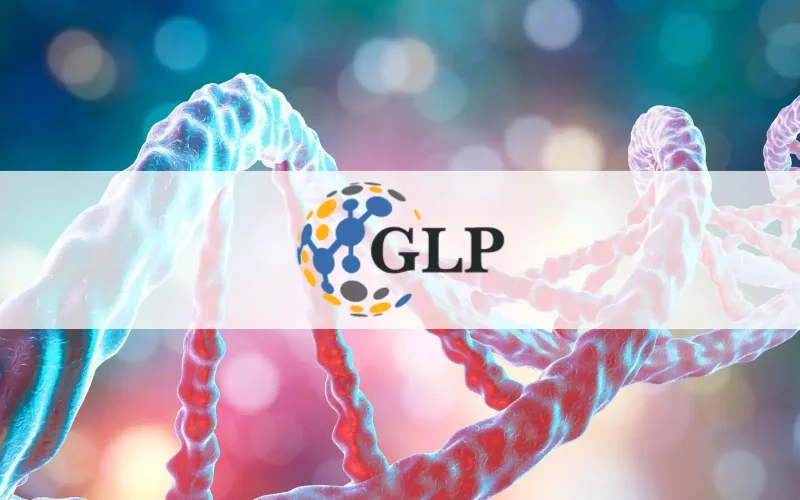The aim is a vaccine by January, and money is no object. On May 21, the US said it would throw $1.2 billion behind a vaccine from Oxford University and AstraZeneca, part of what President Donald Trump called “Operation Warp Speed.”
It’s all good news, and many scientists believe a vaccine is likely. But the next hurdle is the biggest one: proving that a vaccine candidate actually works.
By early summer, expect to see researchers try to launch several huge efficacy studies involving thousands of volunteers. This is going to be the most costly part of testing a vaccine, and also the hardest to speed up. That’s because researchers will have to wait for people in the study to get accidentally infected with the virus, and then check how often those given the vaccine get sick.
…
The irony is that the process will go faster if the covid-19 outbreak keeps flaring up. Vaccine researchers are also expected to pick nurses, doctors, and other at-risk groups to join their studies, so there’s a bigger chance of subjects catching it. They will advise people to stay safe, even while hoping some get sick.































